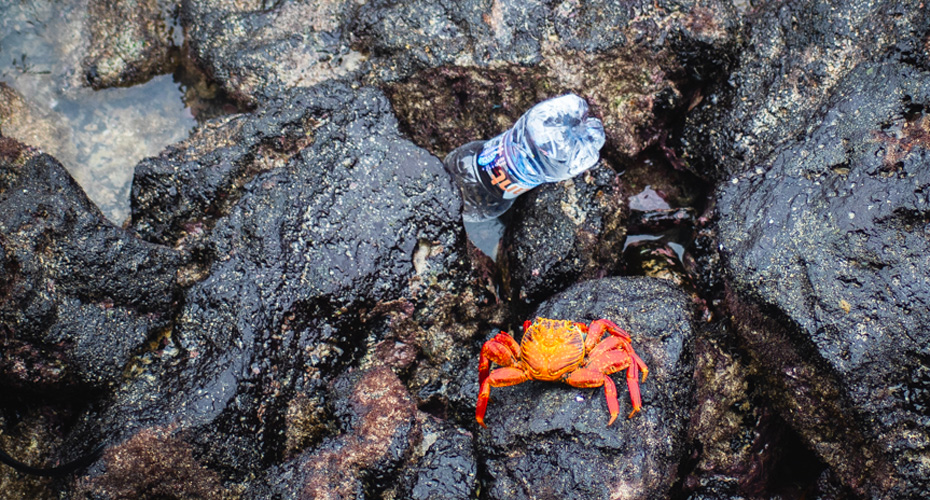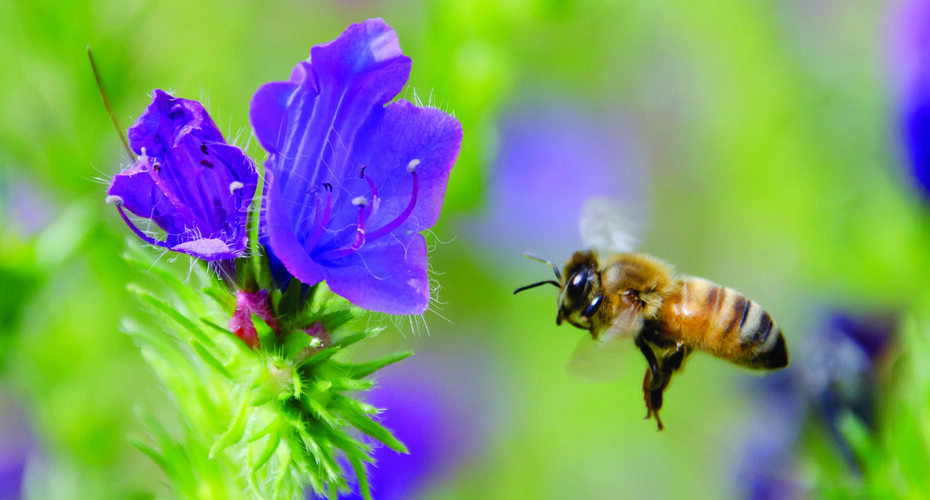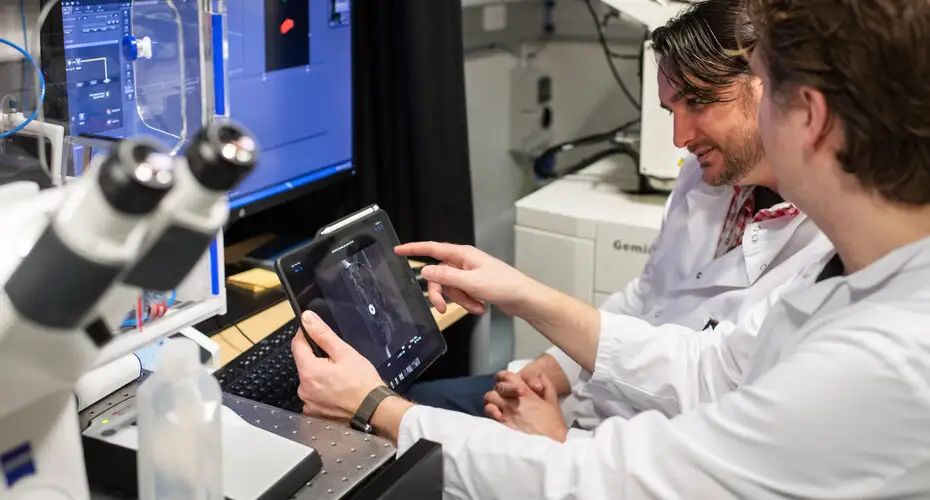Specialist pathways
Demonstrating competence in theme-specific skills and experience
Students studying MSc Advanced Biological Sciences can choose to specialise in one of seven specialist pathways:
- Animal Biology
- Bioinformatics
- Ecotoxicology
- Frontiers in Plant Science
- Microbiology and Infectious Disease
- Molecular and Cellular Biology
- Sustainable Aquaculture
To be awarded a bracketed specialism on the MSc, you should select at least 45 credits from the specialist modules.
Your research project (module BIOM560) must also be relevant to the specialist field. You may take optional modules as long as any necessary prerequisites have been satisfied, where the timetable allows, and if you have not already taken the module in question or an equivalent module.
Your tutor will advise you on choosing specialisms once you're at Exeter, so you don’t need to make any decisions in advance.
"The ability to specialise the degree into one of seven different specialisations (or none) really allows students to tailor this programme to their own ambitions and career aspirations."
Dr Rose Murray
External examiner (University of Bristol)
The seven pathways
Animal Biology

Dive deep into the fascinating world of animal biology, exploring everything from the intricate workings of molecules to the intricate interactions within ecosystems. Gain a comprehensive understanding of animal physiology, behaviour, ecology, and evolution, while sharpening your research skills for independent inquiry.
If you're passionate about animals and driven to contribute to the field, this MSc in Advanced Biological Sciences (Animal Biology) can fuel your career in research, teaching, or conservation.
Bioinformatics

Master the intersection of biology and data in the MSc Advanced Biological Sciences (Bioinformatics) programme. Delve into the principles of molecular biology, genetics, and genomics, while honing your computational and analytical skills to decipher the secrets of biological data using cutting-edge tools.
This specialism is ideally suited for those with a passion for biology and computer science, paving the way for rewarding careers in the rapidly expanding field of bioinformatics.
Ecotoxicology

Immerse yourself in the fascinating world of ecotoxicology, where the delicate balance between life and the environment comes under scrutiny.
You'll explore the complex interactions between chemicals, organisms, and ecosystems, learning how human activities can impact the natural world in this MSc Advanced Biological Sciences (Ecotoxicology) programme.
Frontiers in Plant Science

Master advanced plant science in the MSc Advanced Biological Sciences (Frontiers in Plant Science) programme, by going beyond the basics, and exploring cutting-edge research in genomics, synthetic biology, and precision agriculture.
Master the fundamentals of plant physiology, ecology, and evolution, while honing laboratory and field skills.
Microbiology and Infectious Disease

Delve into the science of microbes and their impact on human health and develop advanced lab skills to unravel pathogen mysteries and hone research techniques for a potential career in research, development, or public health.
Ideal for the microbe-curious, problem-solvers, and those driven to make a difference in global health in this MSc Advanced Biological Sciences (Microbiology and Infectious Disease) programme.
Molecular and Cellular Biology

Hone cutting-edge lab skills to unlock disease mysteries, fuel drug discovery, and shape your future in research, medicine, or biotech. This programme in MSc Advanced Biological Sciences (Molecular and Cellular Biology) is ideally suited for the microscopic minds crafting tomorrow's breakthroughs.
Sustainable Aquaculture

This programme is for the passionate ocean stewards and innovative problem solvers who want to cultivate a sustainable future.
You will be exploring cutting-edge techniques for responsible farming and environmental protection, and develop research skills to address industry challenges, from disease control to ecosystem health.




